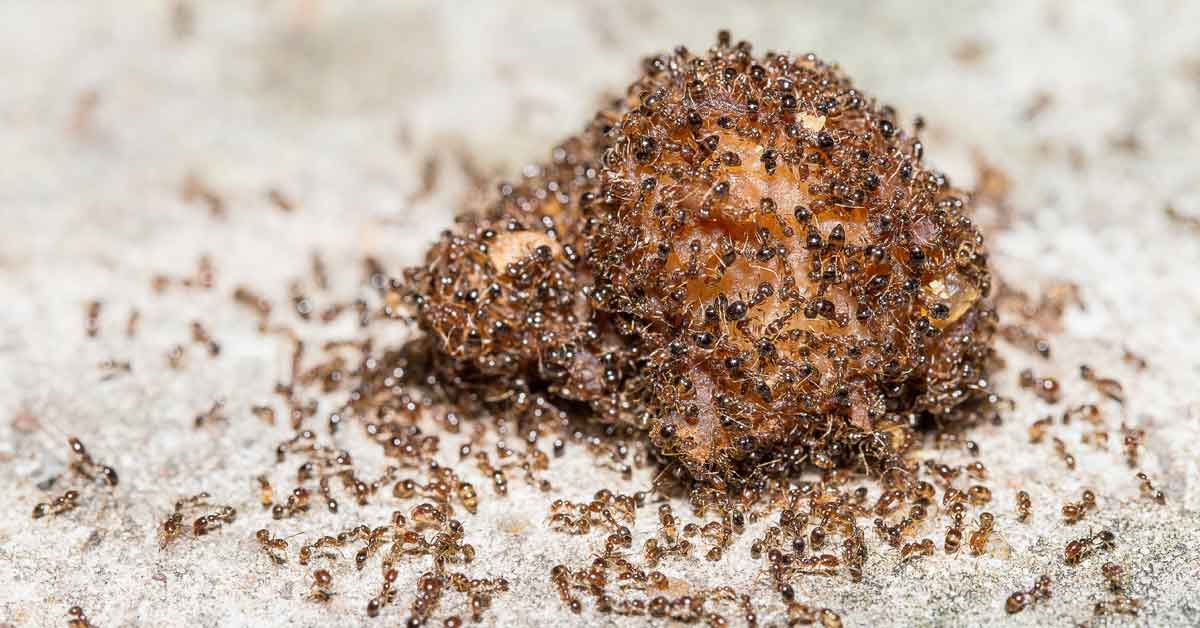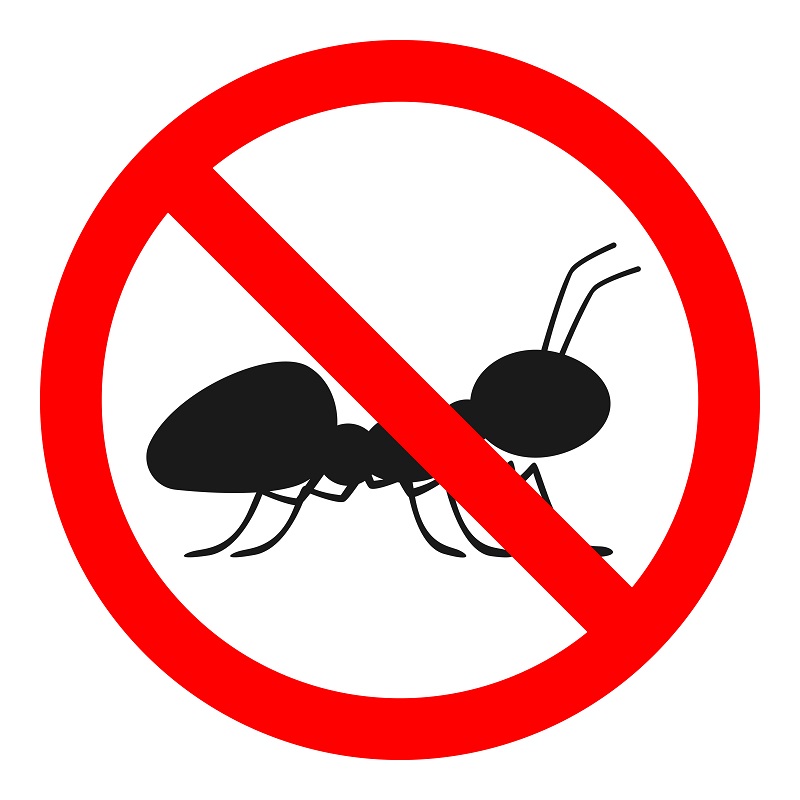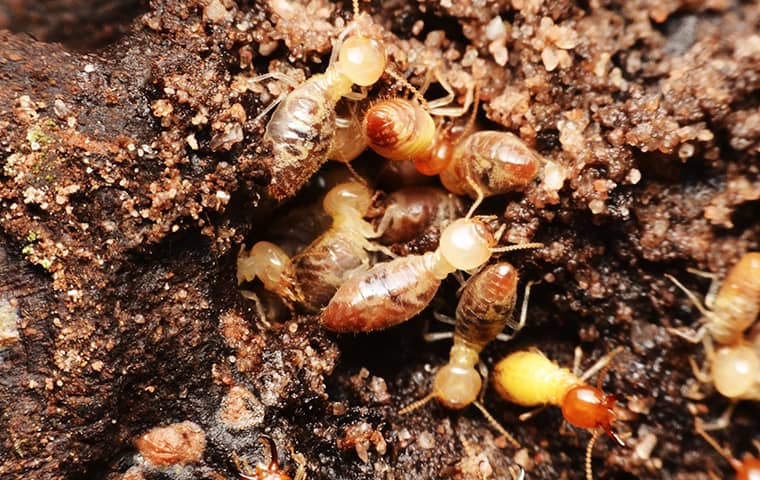Why Choose Our Termite Control Services: Expert Solutions for Effective Defense
Why Choose Our Termite Control Services: Expert Solutions for Effective Defense
Blog Article
Environmental Effect of Pest Control: Harmonizing Effectiveness With Sustainability
The environmental impact of insect control is an important problem that needs a delicate balance between achieving efficiency in ensuring and handling parasites sustainability of our ecological communities. As we strive to protect our crops, homes, and wellness from the threats positioned by bugs, the approaches we employ can inadvertently hurt the environment. From making use of hazardous chemicals that permeate right into our soil and water to the unintended effects on non-target varieties, the repercussions of conventional parasite control practices are significant. There are arising approaches that provide hope for an extra sustainable technique to pest administration. These options not just purpose to address the prompt pest problems however also take into consideration the long-term health of our world.
Damaging Chemicals in Insect Control
The use of unsafe chemicals in parasite control poses substantial ecological and health risks that require cautious factor to consider and mitigation methods. Insecticides, pesticides, and herbicides are generally used to eradicate bugs, however their widespread application can result in unexpected repercussions. These chemicals can contaminate dirt, water sources, and the air, affecting not just the targeted pests yet additionally helpful bugs, wild animals, and humans.

To resolve these dangers, integrated parasite management (IPM) techniques are being advertised as a more lasting option. IPM includes a mix of approaches such as organic control, habitat control, and the targeted use chemicals as a last option (ant control wesley chapel nc). By adopting a holistic approach to pest control, we can reduce the ecological and wellness influences linked with damaging chemicals while effectively handling pest populaces
Influence On Non-Target Species
Considering the unintended repercussions of pest control approaches, the effect on non-target species is a crucial element that requires extensive analysis. While pest control steps intend to target specific parasites, various other organisms in the ecosystem might be unintentionally impacted. Non-target species, consisting of helpful pests, birds, creatures, and even plants, can experience straight or indirect damage from chemical applications or biological control techniques.
Insecticides designed to deal with a certain insect bug might damage pollinators like bees or all-natural killers such as ladybugs. Biological control representatives, if not species-specific, can present threats to unintentional targets, disrupting the environmental equilibrium.
To reduce the effect on non-target species, incorporated pest administration (IPM) methods that emphasize an all natural technique to pest control are recommended. These approaches prioritize the use of eco-friendly techniques, reducing harm to advantageous microorganisms while successfully managing pest populaces. Conducting thorough danger assessments and keeping track of the end results of bug control efforts are important steps in protecting non-target types and promoting overall ecological community wellness.
Soil and Water Contamination
Unexpected environmental repercussions of bug control techniques extend beyond affecting non-target species, with substantial effects for dirt and water contamination. Pesticides, herbicides, and chemical plant foods utilized in parasite control can leach right into the soil and contaminate groundwater, posing a threat to both earthbound and marine communities. Soil contamination can interfere with the balance of microbes important for nutrition biking and plant development, leading to reduced soil fertility and efficiency. In addition, these chemicals can continue the setting for extended durations, collecting in the dirt and possibly entering the food chain.
Water contamination is another critical problem related to parasite control techniques. Overflow from agricultural fields treated with chemicals can bring these chemicals into close-by water bodies, affecting marine organisms and water top quality. Impurities in water sources can have far-ranging repercussions, affecting not just marine life but also human health with the consumption of contaminated water or water organisms. To mitigate dirt and water contamination from bug control tasks, integrated parasite administration methods that linked here focus on sustainability and decrease chemical inputs are critical.
Air Contamination From Pesticide Usage
Direct exposure to airborne chemicals throughout farming applications poses a considerable worry for air pollution control actions. They can volatilize into the air and form volatile natural substances (VOCs) and other airborne toxins when chemicals are splashed onto crops - ant control services. These chemicals can contribute to the development of ground-level ozone, a major part of smoke that can have destructive results on human wellness, crop productivity, and overall air quality. In addition, chemical drift, where pesticides are lugged by the wind to unplanned locations, can lead to the contamination of nearby communities and water bodies.

Techniques for Lasting Parasite Control
In the world of agricultural techniques, executing lasting bug control approaches is critical for preserving eco-friendly equilibrium and securing crop yields. Sustainable insect control stresses the usage of environmentally pleasant approaches to take care of pest populations efficiently while lessening injury to non-target microorganisms and ecosystems. Integrated Pest Administration (IPM) is a commonly embraced technique that integrates organic, social, physical, and chemical control approaches to attain long-term pest management solutions.
Plant turning and diversity are additionally reliable strategies to interrupt pest life cycles and produce much less favorable problems for pests to thrive. Inevitably, by integrating these sustainable insect control techniques, farmers can attain a balance in between pest administration performance and environmental stewardship.
Final Thought
Finally, the ecological impact of bug control methods need to be thoroughly taken into consideration to balance performance with sustainability. Hazardous chemicals made use of in pest control can cause dirt and water contamination, air pollution, and damage non-target varieties - termite control. It is vital to execute lasting parasite control techniques to lessen these adverse effects on the atmosphere and advertise a much healthier ecosystem for future generations
By embracing an all natural approach to pest control, we can reduce the environmental and wellness influences associated with hazardous chemicals while successfully taking care of pest populaces.

To mitigate the air contamination caused by chemical use, it is crucial to embrace incorporated insect monitoring techniques that focus on the use of non-chemical pest control techniques, such as plant rotation, all-natural predators, and resistant plant varieties. Lasting pest control highlights the usage of environmentally pleasant methods to handle parasite populations properly while minimizing injury to non-target organisms and environments. Integrated Parasite Management (IPM) is a commonly taken on approach that integrates organic, social, physical, and chemical control methods to accomplish lasting pest administration remedies.
Report this page